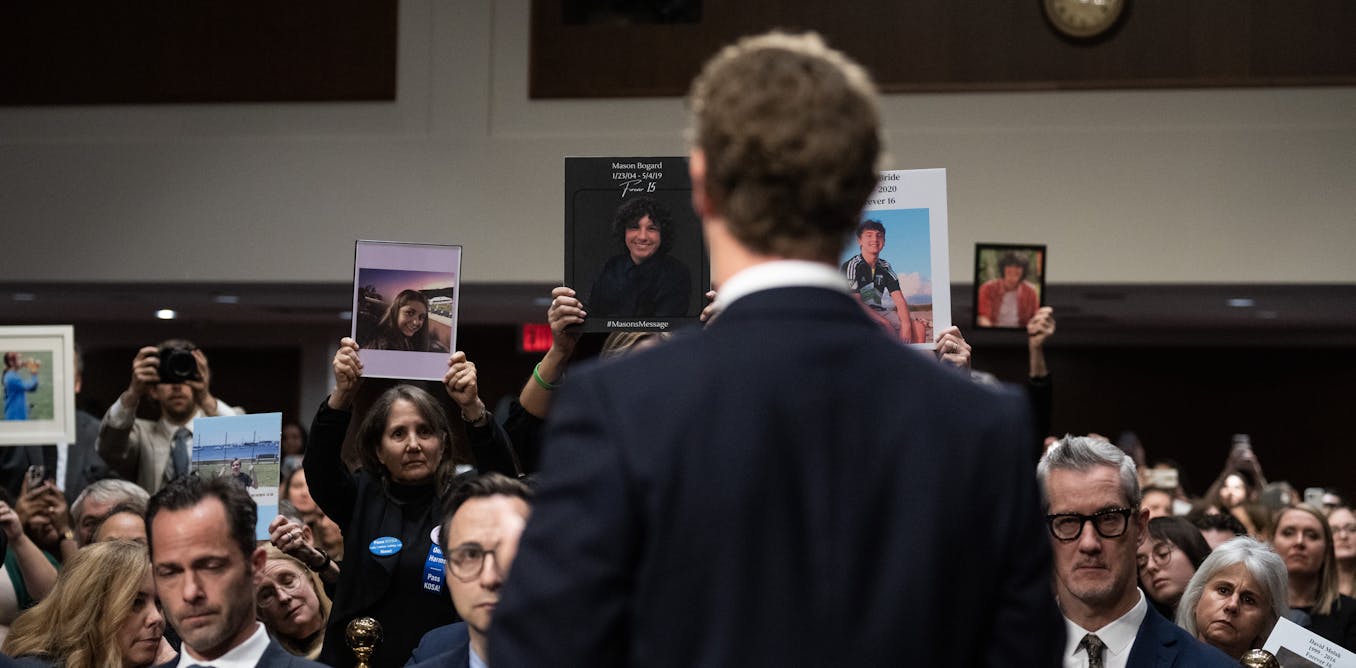
"When Samsung Electronics had to recall 2.5 million smartphones in 2016 due to battery fires, the company ran full-page ads in major American newspapers that said, "We are truly sorry." Despite the apology, Samsung's stock continued falling, wiping out billions of dollars in market value. Contrast that with a famous case: the 1982 Tylenol crisis, in which seven people died after taking capsules that a still-unidentified criminal had laced with cyanide, circumventing the company's safety protocols."
"The then-CEO of Tylenol's parent company, Johnson & Johnson, said "I apologize" to consumers and immediately ordered a nationwide recall, costing the company over US$100 million. His direct acknowledgment of responsibility and swift action helped restore public trust and became a case study in effective crisis leadership. The company's stock price didn't take much of a hit, either."
A study analyzing 224 corporate apologies between 1996 and 2023 used event-study methods to track unusual stock returns around apology announcements and link them to apology framing. Markets respond differently when CEOs use first-person "I apologize" versus collective "We apologize." Personal accountability statements and swift remedial action, exemplified by the 1982 Tylenol recall, correlate with smaller stock declines and restored public trust. Impersonal or generic apologies, such as full-page ads stating "We are truly sorry," can fail to stop stock losses. Apology wording therefore influences investor perceptions and firm value.
Read at The Conversation
Unable to calculate read time
Collection
[
|
...
]